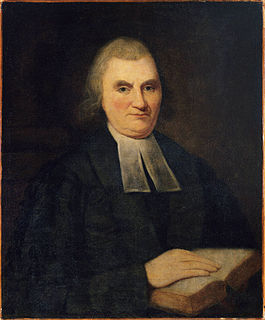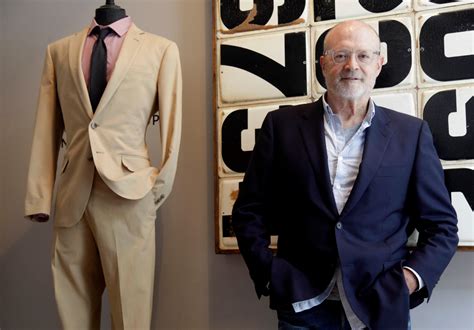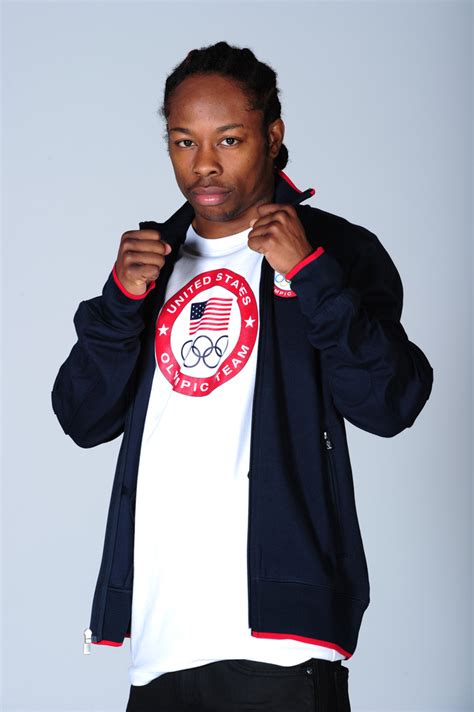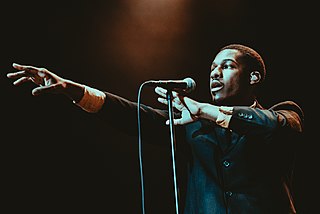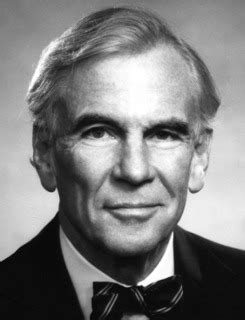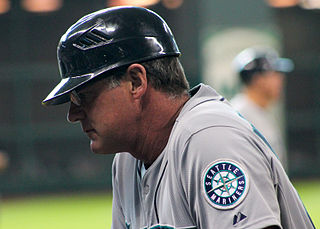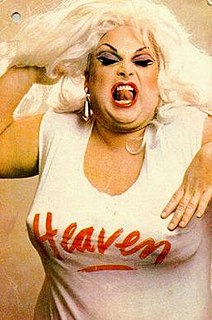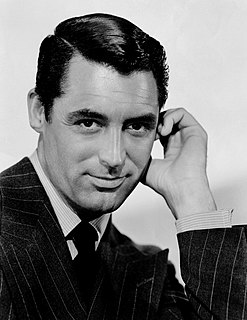A Quote by Donatella Versace
The three biggest fashion mistakes are cheap suits, shoes, and shirts. Spend your money on something good.
Related Quotes
I know exactly what I want to buy and I spend very little time, maybe 15 hours a year, buying stuff. I'll go in and out of Dunhill in 45 minutes and pick out a few suits. Boom. And I'm gone. I get my shirts at Charvet. I go in there - woosh - and buy 12 shirts and some ties; once a year and that's it.
My men's clothes are traditional. I don't buy trendy clothes. I buy updated classics double breasted, three-piece suits; slacks and either T-shirts or regular shirts. Everything is monogrammed. I used to hate that more than anything. Now there are D's on everything. It started out as a joke and now, if it doesn't have a D on it, I wonder why.
Doing good with other people's money has two basic flaws. In the first place, you never spend anybody else's money as carefully as you spend your own. So a large fraction of that money is inevitably wasted. In the second place, and equally important, you cannot do good with other people's money unless you first get the money away from them. So that force - sending a policeman to take the money from somebody's pocket - is fundamentally at the basis of the philosophy of the welfare state.
I am reminded of a piece of advice my father gave me regarding shoes. ...He said it is better to buy one good pair of shoes than four cheap ones. One pair made of fine leather could outlast four inferior pairs and, if well-cared-for, would continue to proclaim your good judgment and taste no matter how old they become.


